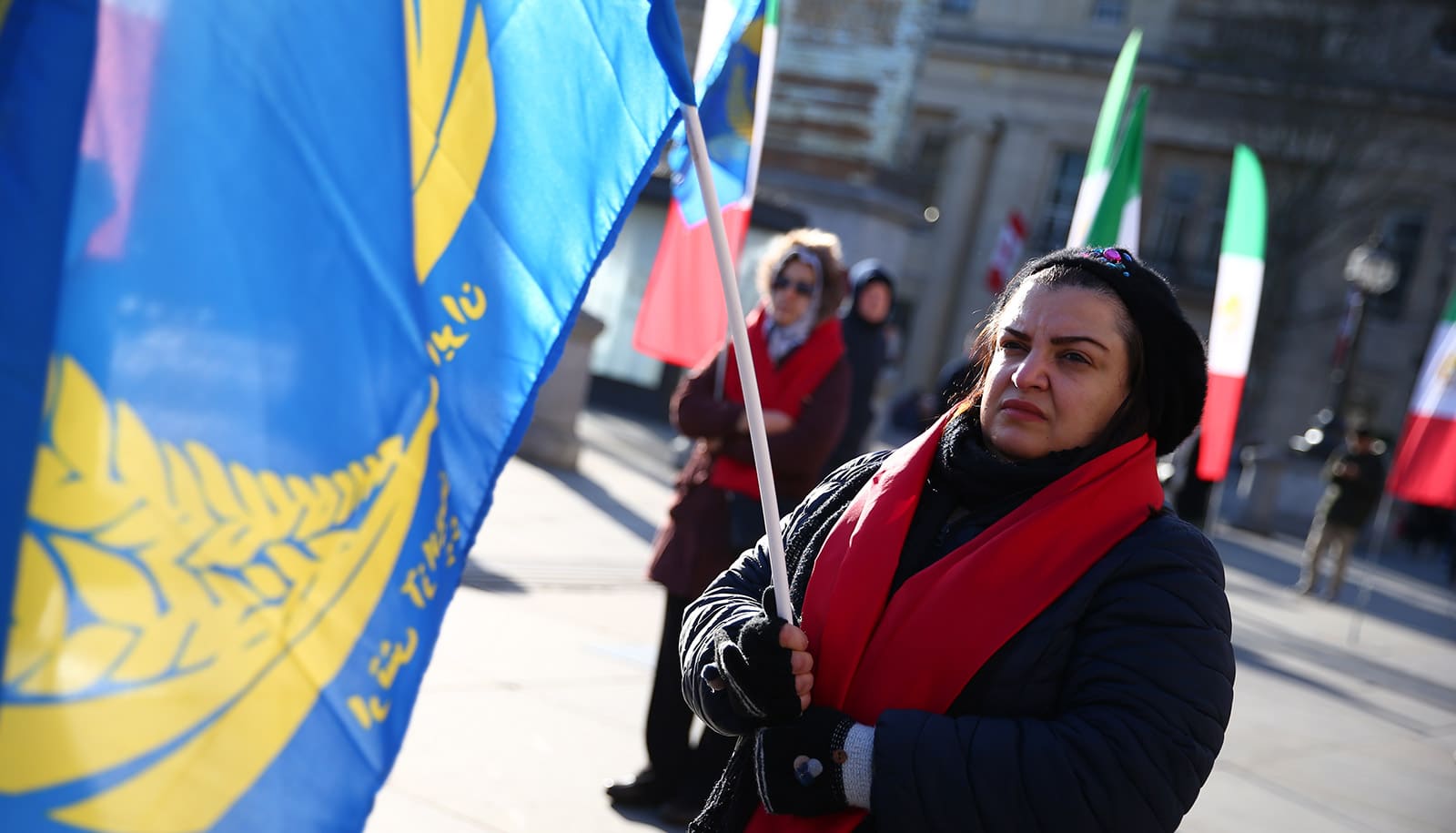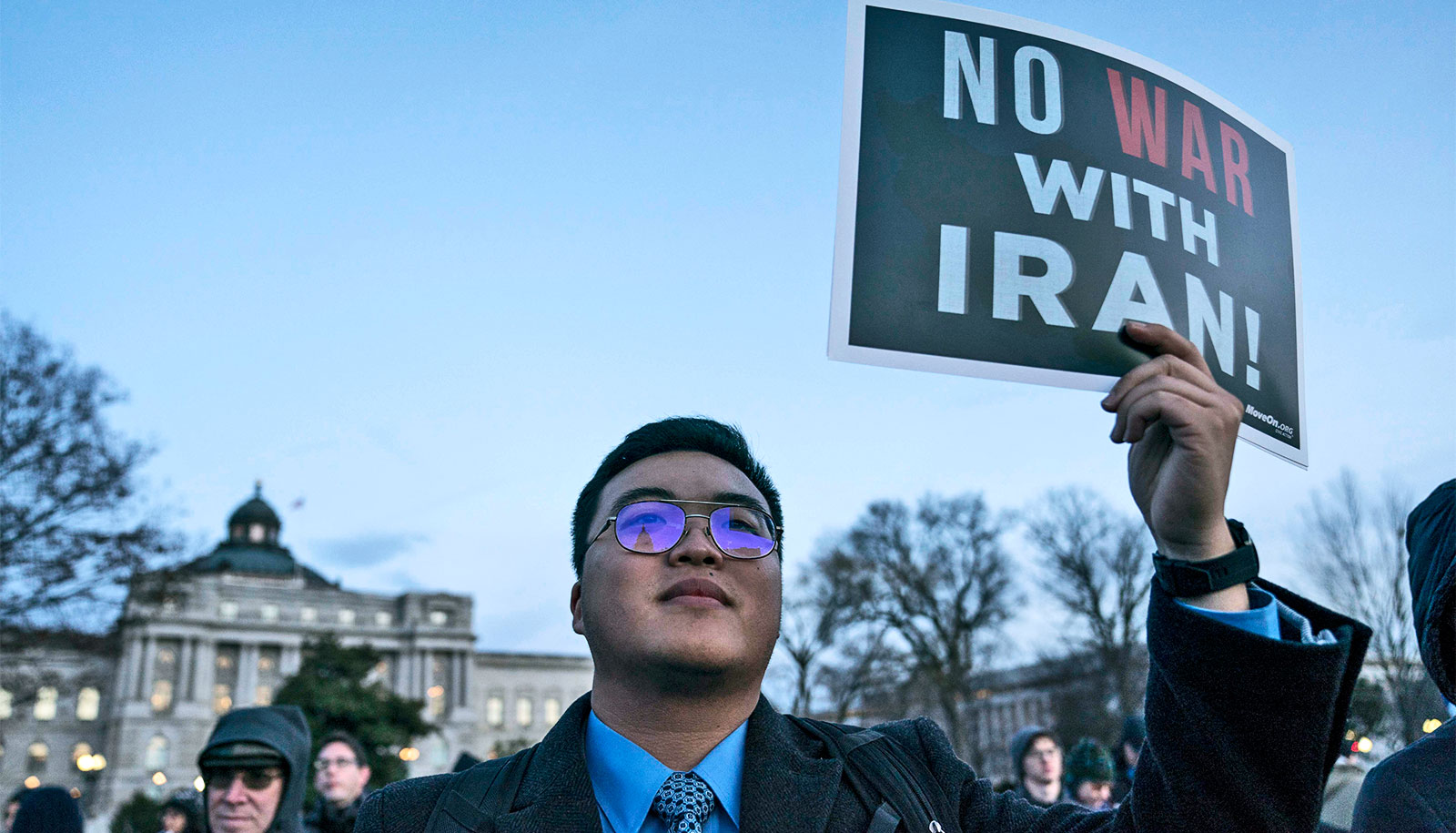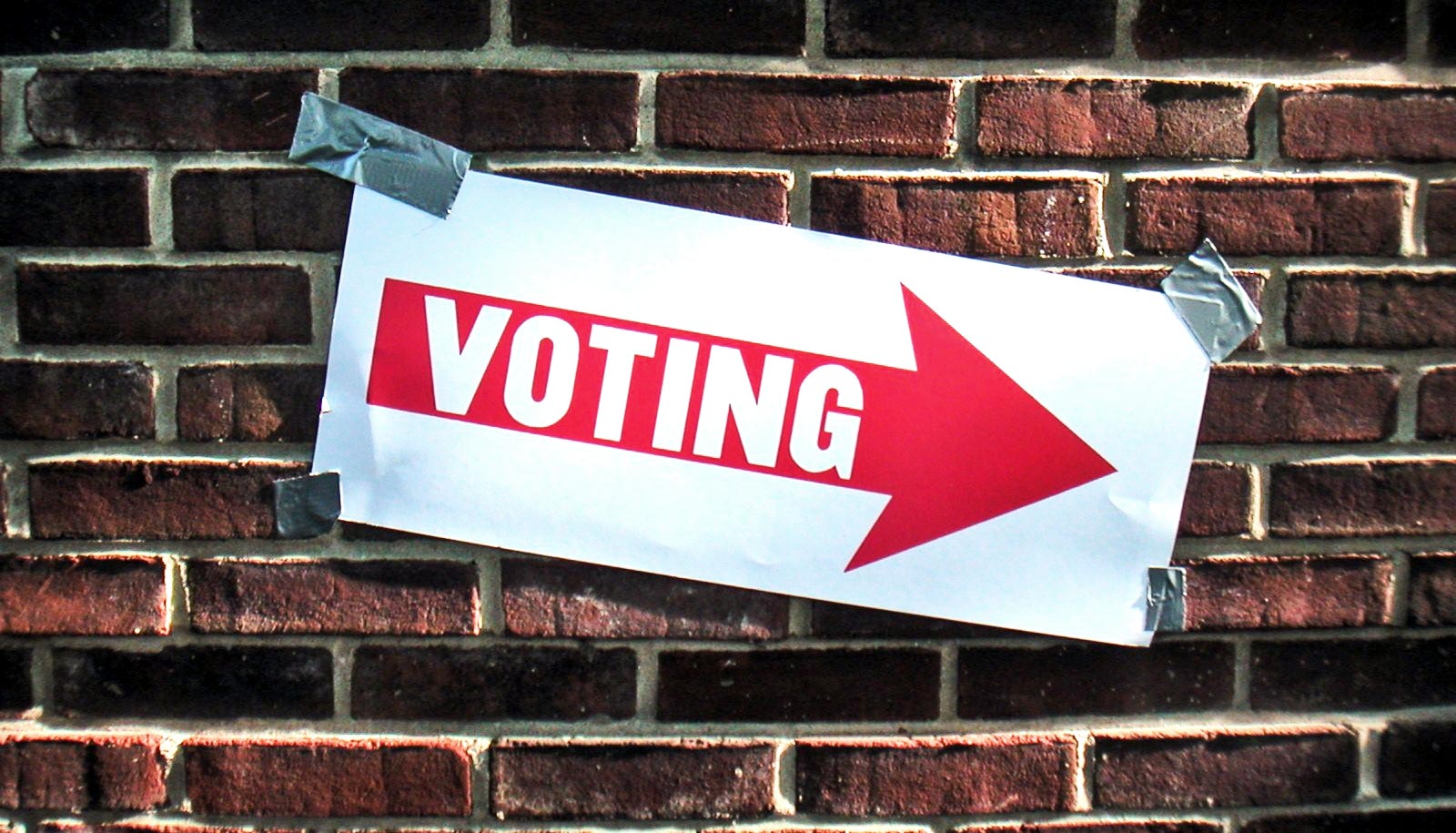“Because of the financial crisis, the Iranian government cannot protect its population against the coronavirus,” says Hadi Kahalzadeh.
“It’s a very grave situation,” says the Iran expert and PhD fellow at the Crown Center for Middle East Studies and the Heller School for Social Policy and Management at Brandeis University.
As of May 5, Iran had recorded over 6,000 deaths and nearly 100,000 cases of the novel coronavirus.
Though that rate is still below the United States and much of Europe’s, the country was already suffering from a severe economic downturn, in part due to crippling US sanctions.
Since 2018, when it withdrew from the nuclear deal signed by President Obama, the Trump administration has imposed a policy of “maximum pressure,” restricting oil exports and limiting access to the international banking system.
Here, Kahalzadeh discusses the humanitarian and economic crisis in Iran and the impact of US sanctions:
What’s the economic situation like right now?
Even before COVID-19, as a result of US sanctions, Iran had a 40% poverty rate with 33 million people living under the poverty line. The sanctions also shrank Iran’s economy by 15% in 2018-2019, leaving the country with the largest fiscal deficit in its modern history.
So far, the coronavirus outbreak has cost the economy $11 billion. I also expect the poverty rate to rise as high as 50% or 40 million people by the end of this year. In addition, the roughly four million jobs that were created after Iran signed the nuclear deal with the Obama administration in 2015 will be lost in the next eight months.
Can the government cope with both the economic and health crisis?
Unfortunately, the government doesn’t have either the required resources or a sustainable strategy to manage the crisis and mitigate the negative impacts of the virus. The country needs around $30 billion in resources to fight the pandemic, but the sanctions have banned the country’s access to its foreign exchange reserves. I believe the sanctions have made coronavirus more deadly for Iranians.
The government has long been split between the religious hardliners led by Ayatollah Ali Khamenei and the more moderate politicians led by President Hassan Rouhani. How is this dynamic playing out?
Politically, the sanctions and coronavirus have created an enormous opportunity for the hardliners. Two years ago, when President Trump pulled out of the nuclear deal, the hardliners were emboldened. They spread the message that America cannot be trusted and the West is not reliable. They said Rouhani’s open approach to foreign relations was useless and failing to deliver on the president’s promises on foreign policy and the economy. The economic sanctions and now the coronavirus outbreak changed the balance of power tremendously in favor of the hardliners.
We’ve seen a number of protests and popular movements arise in Iran over the last several years. Aren’t they demanding Western-style reforms and pushing back against the hardliners?
Iran has a large educated middle class. Particularly the youth population is ambitious and looks up to developed countries and the West, desiring a strong national economy and a less troubled foreign policy. They have shown time and again that they are not standing by the hardliners, almost in every election in the past 10 years.
However, the dire economic situation is taking a toll on them, closing avenues for progress and crushing many dreams. They have constantly called for deep systematic reforms within their own national identity and keep repeating that call in every momentum that arises.
If circumstances become dire enough, will people rise up and demand democratic reforms?
The current US administration believes that foreign economic pressure can lead to a mass uprising in Iran. I think this is an illusion.
People’s preferences change when they are dealing with a harsh economic situation. Their goal becomes addressing basic needs rather than pushing for political or systematic change. In this situation, the civil society gets weaker and less capable of bringing about reforms. I strongly believe there is no chance for development and democracy for a nation that is impoverished and incapacitated under severe economic sanctions.
Source: Brandeis University



